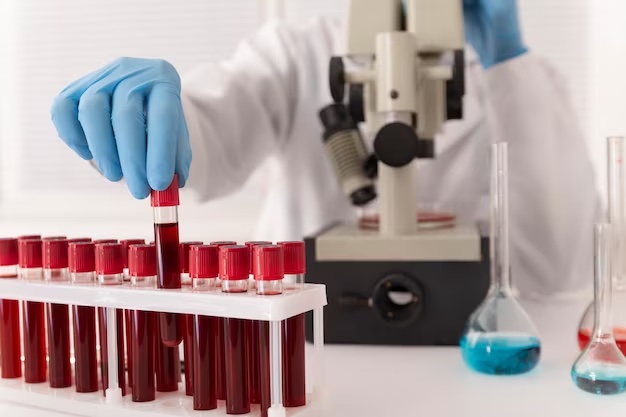Blood Tests Can Help Physicians Correctly Diagnose Alzheimer's In Low-Resource Environments
Posted on 25 Apr 2023
In low-resource communities, which are home to 58% of the global dementia population, there is often a shortage of specialists capable of diagnosing Alzheimer's disease or access to brain imaging equipment for confirmation. Although spinal fluid biomarkers can confirm a diagnosis, patients might be hesitant to undergo a lumbar puncture to extract cerebrospinal fluid. Recently, blood-based biomarkers have emerged as a viable alternative, performing nearly as well as spinal fluid biomarkers in identifying Alzheimer's disease. However, limited research has been conducted in low-resource settings to evaluate the accuracy of these blood tests for diagnosing Alzheimer's disease. Now, neurologists are investigating a combination of blood tests and memory assessments to enhance diagnostic accuracy in these environments.
In a collaborative study between Columbia University (New York, NY, USA) and local physicians, 746 older adults (average age of 71) were recruited from the Dominican Republic and the Dominican community in northern Manhattan. Participants underwent extensive neurological and cognitive evaluations, with a panel of Columbia neurologists specializing in Alzheimer's diagnosis analyzing the results to determine if participants had Alzheimer's, other forms of dementia, or normal cognitive aging. Blood samples were collected to measure Alzheimer's blood-based biomarkers. Just over 20% of participants were clinically diagnosed with Alzheimer's, and their blood tests revealed elevated levels of Alzheimer's biomarkers, including phosphorylated tau, neurofilament light chain, and glial fibrillary acidic protein.

Interestingly, the blood-based tests also appeared to detect early biological signs of Alzheimer's before symptoms manifest. Approximately 20% of participants who were not diagnosed with Alzheimer's based on memory and cognitive assessments displayed elevated levels of the aforementioned biomarkers in their blood. This suggests that blood tests may be a sensitive indicator of preclinical Alzheimer's disease, potentially benefiting early intervention efforts as preventive strategies become more readily available. Further research is needed to determine the clinical applications of blood-based biomarker tests, as they are not currently available outside of research studies.
“Alzheimer’s disease is one form of dementia and as more treatments emerge, developing an accurate blood test will be essential in finding people who will benefit from treatment, particularly those who lack access to more advanced diagnostic tools,” said Richard Mayeux, MD, chair of the Department of Neurology at Columbia University Vagelos College of Physicians and Surgeons and one of the study’s senior authors.














